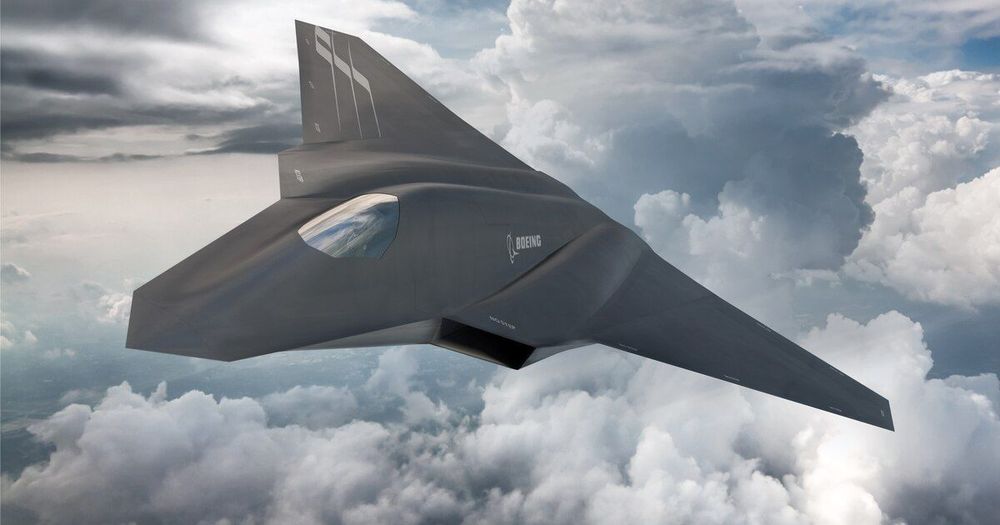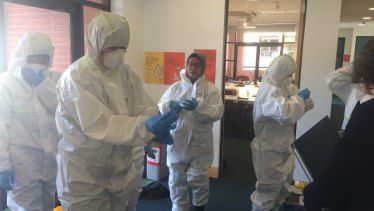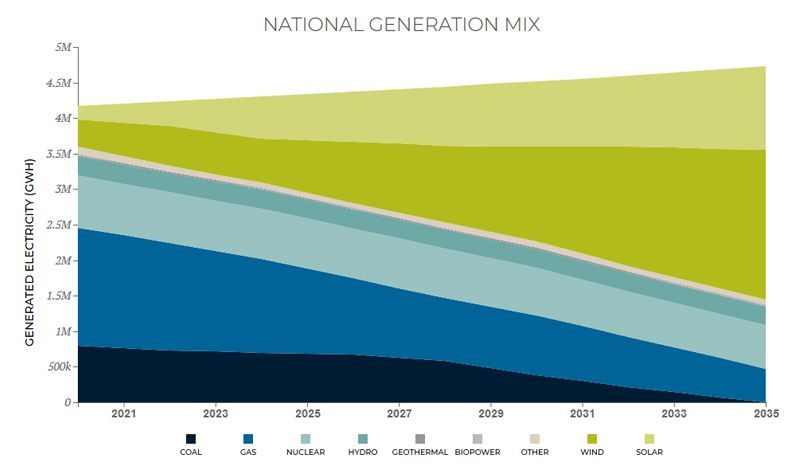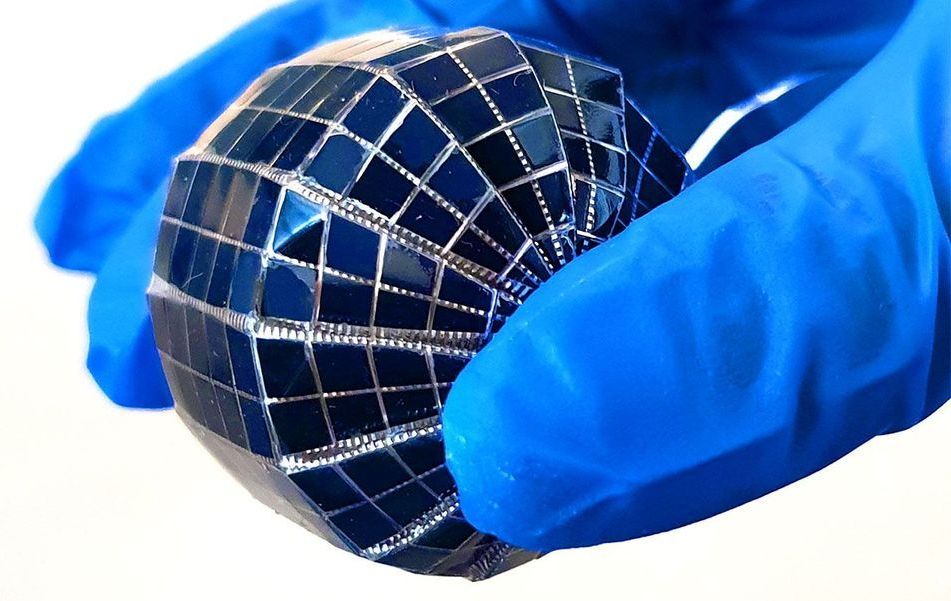The Next Generation Air Dominance program is set to have a finalized acquisition strategy within the next few months.



Plug And Play
The underlying mechanics of a quantum computer won’t be any less difficult to comprehend under Gil’s vision of the future. But, he argues, it won’t matter because programming quantum computing software would become far more automated along the way.
“You’ll simply have to write a line of code in any programming language you work with,” Gil wrote, “and the system will match it with the circuit in the library and the right quantum computer.”

Here’s What You Need To Remember: Chinese so-called “carrier-killer” missiles could, quite possibly, push a carrier back to a point where its fighters no longer have range to strike inland enemy targets from the air. The new drone is being engineered, at least in large measure, as a specific way to address this problem. If the attack distance of an F-18, which might have a combat radius of 500 miles or so, can double — then carrier-based fighters can strike targets as far as 1000 miles away if they are refueled from the air.
The Navy will choose a new carrier-launched drone at the end of this year as part of a plan to massively expand fighter jet attack range and power projection ability of aircraft carriers.
The emerging Navy MQ-25 Stingray program, to enter service in the mid-2020s, will bring a new generation of technology by engineering a first-of-its-kind unmanned re-fueler for the carrier air wing.


“ “The monitoring of human health and well-being with the use of wearables is considered critical in the next generation of biomedical devices,” write the authors. “[But] most existing paper-based devices are designed for one-time use only, functioning under relatively intense capillary flow into the paper, which ceases upon saturation… [Our approach] can function as a key part of a platform for long-term sweat sampling and biomarker monitoring.””
Researchers have designed a paper-based wearable device that can monitor your sweat for 10-days at a time to detect important information about your health.

Honda’s global systems were hit with a ransomware attack on Monday. The attack gripped enough of the Japanese automaker’s systems that it had to temporarily stop production at some factories. Customer service operations are still down as of Tuesday evening, though Honda says there’s no evidence that customer information leaked.


Flat solar panels still face big limitations when it comes to making the most of the available sunlight each day. A new spherical solar cell design aims to boost solar power harvesting potential from nearly every angle without requiring expensive moving parts to keep tracking the sun’s apparent movement across the sky.
The spherical solar cell prototype designed by Saudi researchers is a tiny blue sphere that a person can easily hold in one hand like a ping pong ball. Indoor experiments with a solar simulator lamp have already shown that it can achieve between 15 percent and 100 percent more power output compared with a flat solar cell with the same total surface area, depending on the background materials reflecting sunlight into the solar cells. The research group hopes its nature-inspired design can fare similarly well in future field tests in many different locations around the world.
“The placement and shape of the housefly’s eyes increase their angular field of view so they can see roughly 270 degrees around them in the horizontal field,” says Nazek El-Atab, a postdoctoral researcher in microsystems engineering at the King Abdullah University of Science and Technology (KAUST). “Similarly, the spherical architecture increases the ‘angular field of view’ of the solar cell, which means it can harvest sunlight from more directions.”

